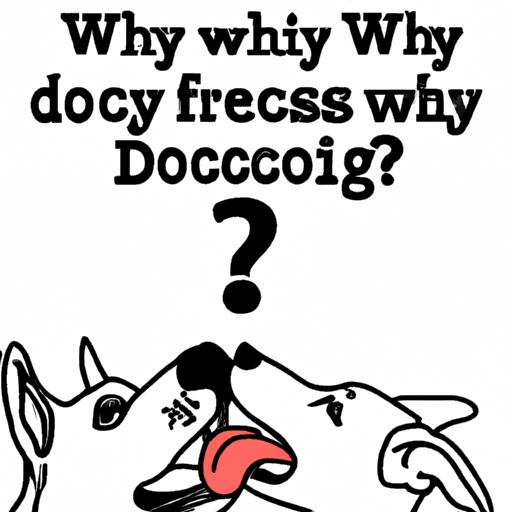1. A Behavioral Explanation
Let’s start by thinking about this in canine terms. Dogs live in a world completely different from ours. They use their tongues as a tool to explore their environment, much like we use our hands. They lick to communicate, to show affection, to submit, or even just because they like the taste.
- Communication: Dogs, particularly puppies, use licking to communicate with their pack. It’s a way of saying, “I’m here! Pay attention to me!”
- Affection: Dogs lick faces to show their love and affection. It’s akin to giving a hug or a kiss.
- Submission: In the wild, wolves lick the mouths of more dominant members of their pack as a sign of submission. Similarly, dogs may lick your face to show they acknowledge you as the boss.
- Taste: Dogs have a keen sense of taste and smell. They might just be licking your face because they like the salty taste of your skin.
2. An Evolutionary Perspective
From an evolutionary perspective, dogs began as wolves. Wolves lick faces as part of their complex social structure. Let’s take a look at the two main reasons:
- Feeding Time: In a wolf pack, the pups lick the faces of the adults when they return from a hunt. This stimulates the adults to regurgitate pre-digested food for the pups to eat.
- Hierarchy: Face licking is also a sign of submission in wolf packs. The lower-ranking wolves lick the faces of the higher-ranking ones to show deference.
3. Health Indications
Sometimes, excessive licking can be a sign of health issues. If your dog is licking faces obsessively, it might be a sign of stress, anxiety, or other underlying health issues. It’s always a good idea to consult with your vet if you notice any unusual behavior.
4. How to Respond
How should you respond when your dog licks your face? That depends on your comfort level and the specific situation. If you’re okay with it, then let the licking continue. If not, gently redirect your dog’s attention.
- Redirect: Use toys or treats to distract your dog. This can be particularly effective if your dog is licking your face due to anxiety or stress.
- Set Boundaries: Train your dog to understand when it’s okay to lick and when it’s not. Use commands like “No licking!” or “Enough!”
5. Understanding Your Dog’s Licks
Understanding why dogs lick faces can help you better understand your dog and strengthen your bond with them. While it might seem odd to us, face licking is a normal part of canine behavior.
| Reasons Dogs Lick Faces | Explanation |
|---|---|
| Communication | Dogs use licking to communicate with their pack. |
| Affection | Dogs lick faces to show their love and affection. |
| Submission | Dogs may lick your face to show submission. |
| Taste | Dogs might lick your face because they like the taste. |
FAQs
Q: Why does my dog lick my face in the morning?
A: Your dog may lick your face in the morning as a way to wake you up or show affection.
Q: Can face licking be harmful?
A: While it’s rare, face licking can potentially transmit bacteria or parasites. Always maintain proper hygiene.
Q: How can I stop my dog from licking faces?
A: Use redirection techniques or set clear boundaries with commands.
Q: Is face licking a sign of dominance?
A: No, it’s typically a sign of submission or affection.



